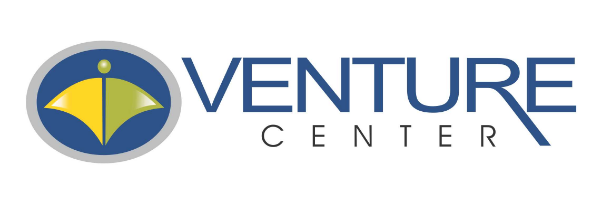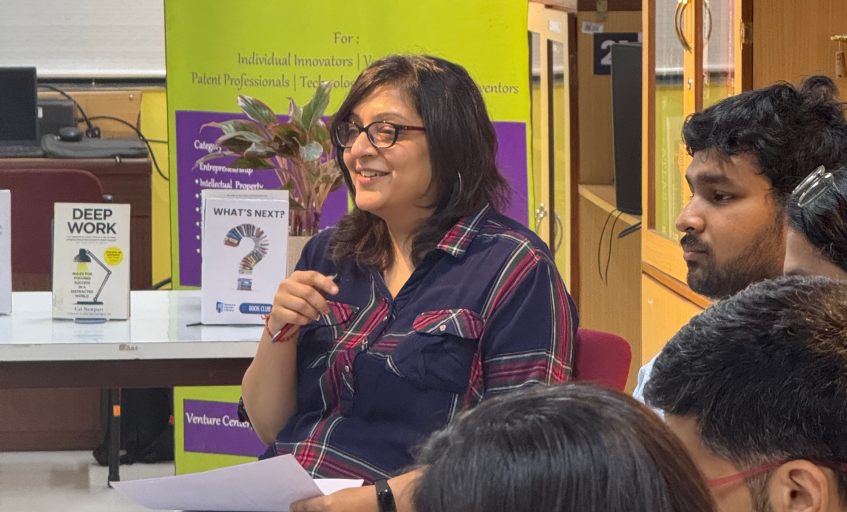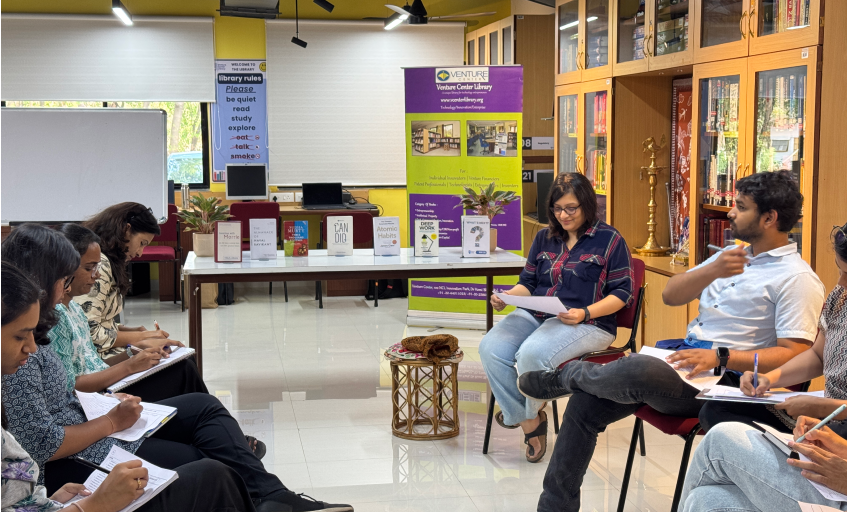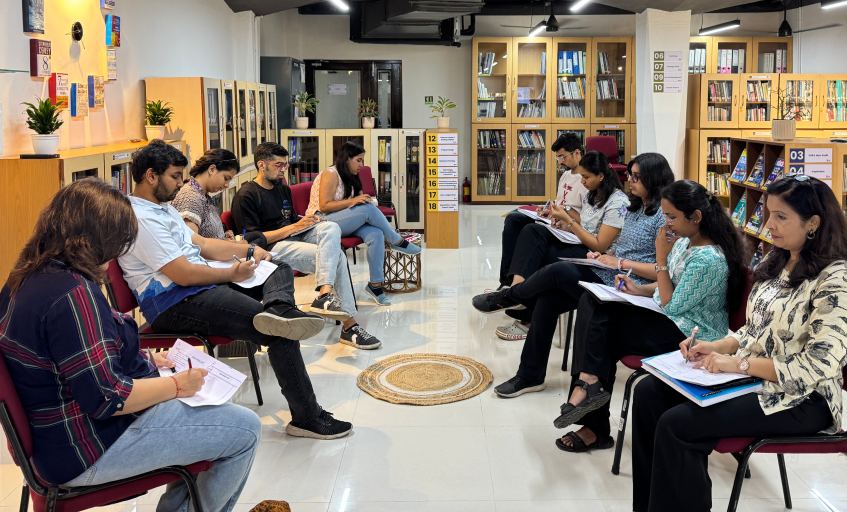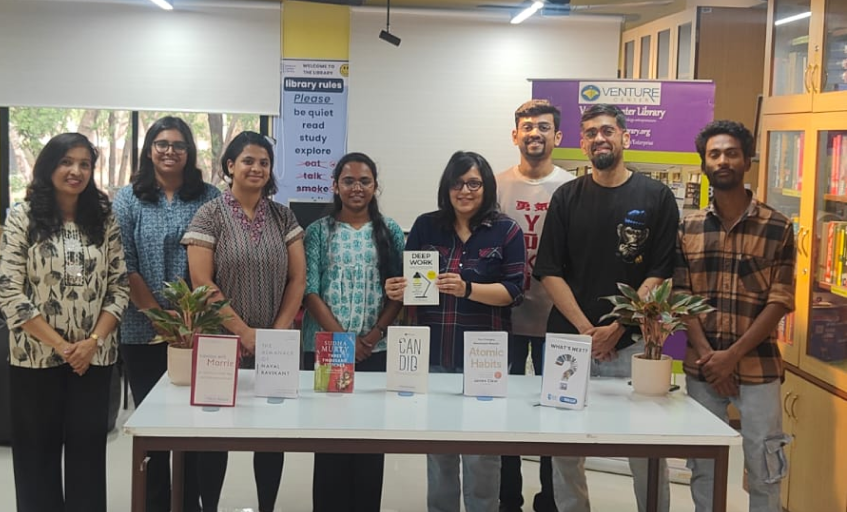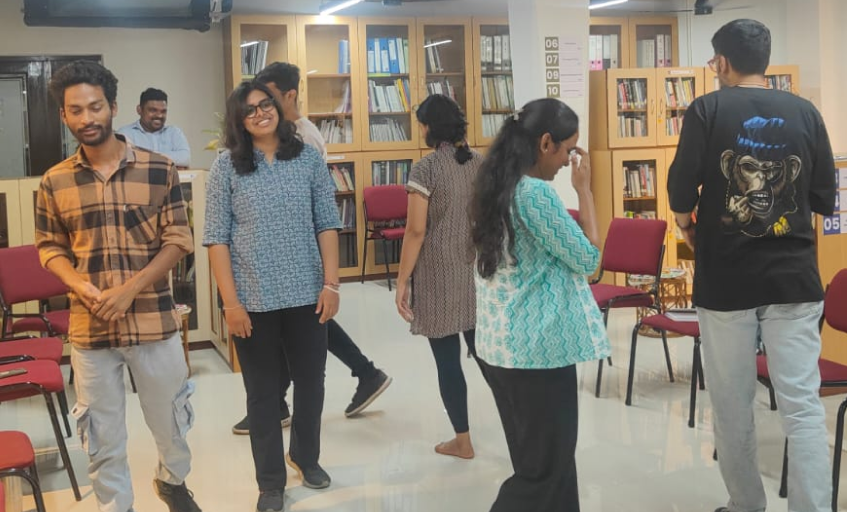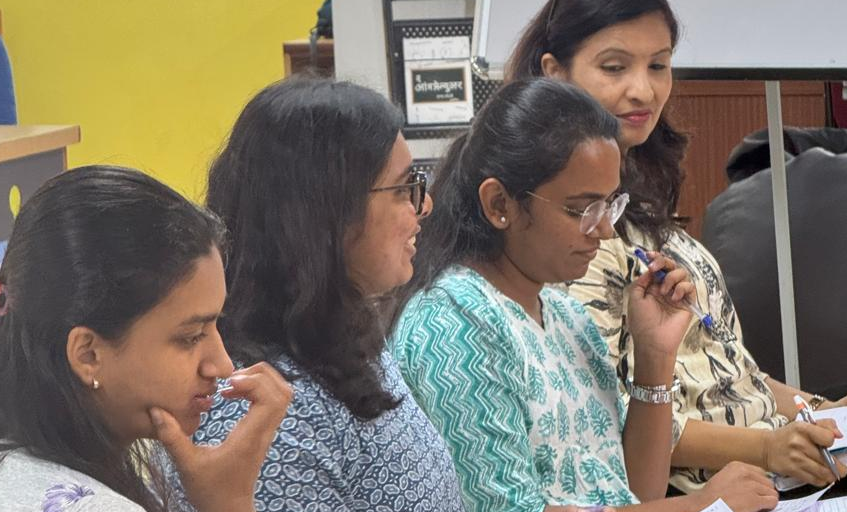The Venture Center Library hosted its first book club since the library revamp. The book was Deep Work by Cal Newport, which addresses the currency of the future - Your Focus.
|
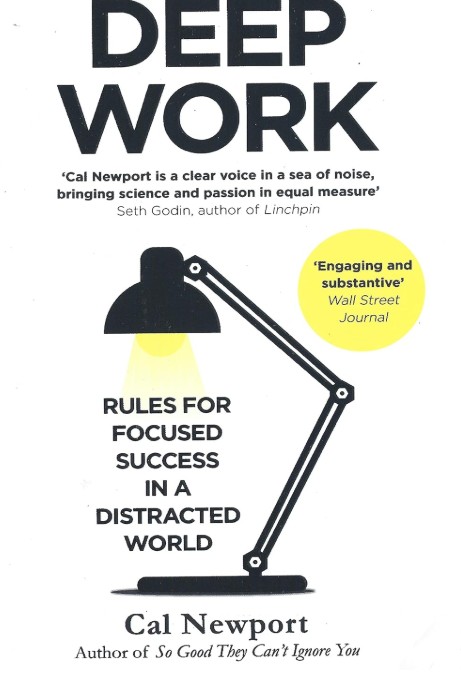 |
The session began by sharing what deep work meant to each of the attendees. To help frame the conversation, Namita provided a list of everyday activities for us to classify as either "deep work" or "shallow work." Surprisingly, many participants considered household chores like washing dishes or folding clothes as forms of deep work — a reminder that deep work can sometimes feel meditative. However, as we explored further, we revisited the book’s core idea: deep work is about performing cognitively demanding tasks in a state of distraction-free concentration, typically done alone.
Namita also introduced us to different working styles outlined in the book, such as bimodal, rhythmic, journalistic, and monastic approaches. It was eye-opening to learn how people can structure their deep work differently — whether by dedicating large blocks of uninterrupted time (monastic), balancing deep work with shallow tasks (bimodal), setting a daily deep work rhythm (rhythmic), or squeezing deep work into spontaneous moments when possible (journalistic). This helped many of us realize that there's no single formula — what matters is finding a method that fits your life and work.
A particularly reflective part of the session was when we looked back at our childhood experiences. We discussed the habits and mindsets we had picked up early in life and how they continue to influence us today. It was wonderful hearing members share personal stories — from learning discipline through sports, to developing patience through hobbies like painting or gardening. These reflections showed how foundational experiences still help anchor us in an increasingly distracted world.
Recognizing that focus is becoming one of the most valuable skills of the future, we also conducted a distraction audit. We each identified activities and habits in our daily routines that pull us away from deep, focused work. Unsurprisingly, our phones topped the list — with endless notifications, mindless scrolling, and the temptation to "just quickly check" something stealing away valuable attention.
Namita emphasized the importance of setting up rituals and routines to protect deep work time, like planning work in advance, creating clear start and end points for deep work sessions, and reducing the need to rely on willpower alone. She also spoke about the book's idea of embracing boredom — training our minds to resist the urge for constant stimulation.
We wrapped up the session with a fun and challenging game designed to test our focus. It was a light-hearted way to put some of the ideas into practice and brought a lot of laughs and energy into the room.
